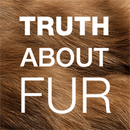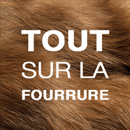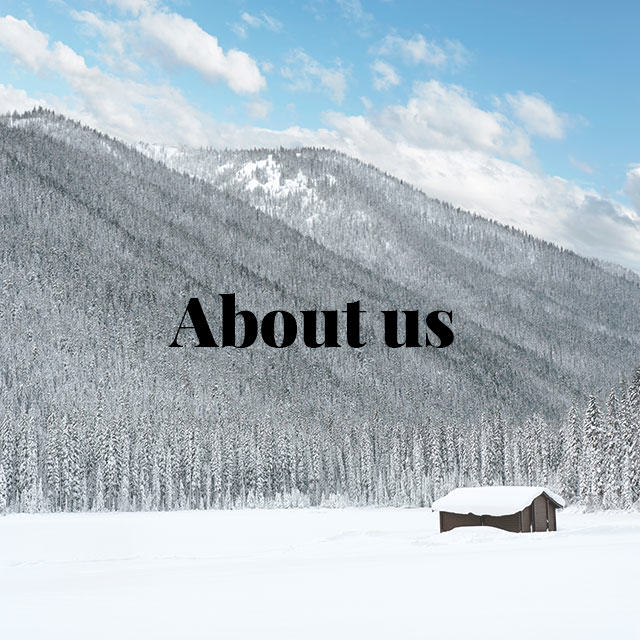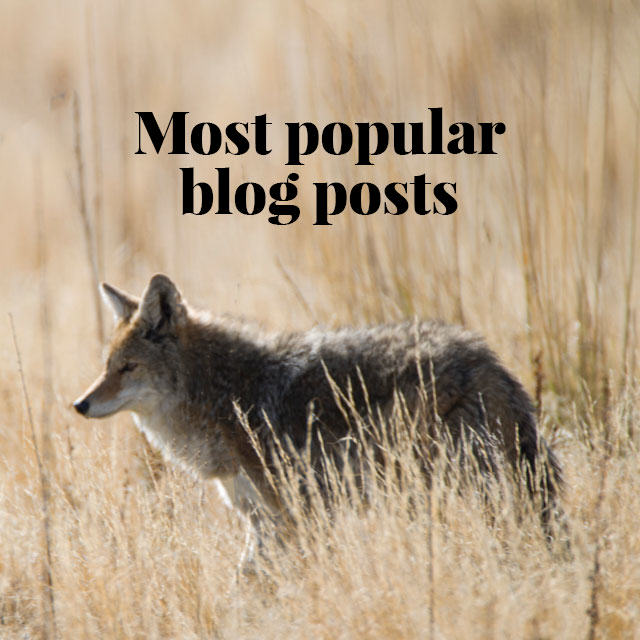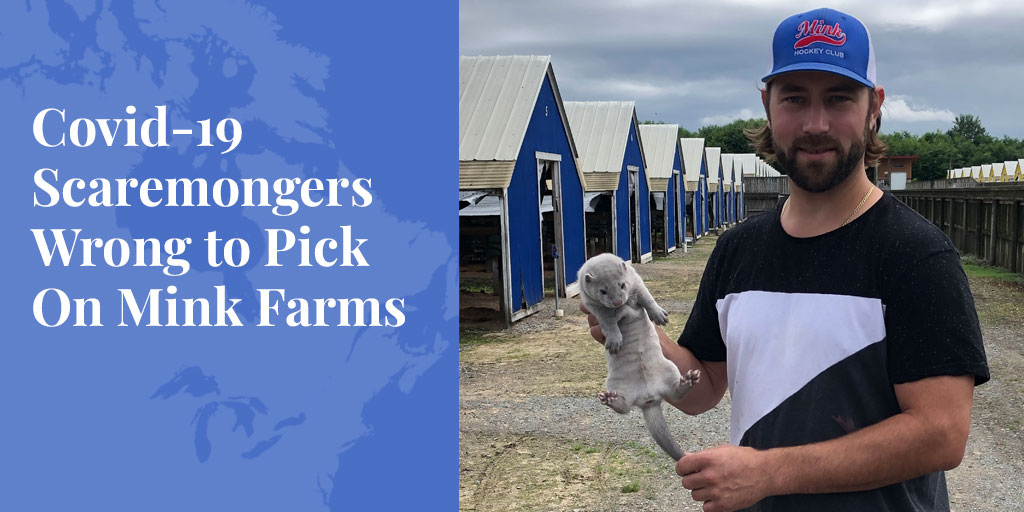
This opinion piece by Truth About Fur’s Alan Herscovici was published in the Vancouver Sun on July 22, 2020, under the headline: “BC mink farms are family owned and operated and these farmers respect animal welfare.” Note: On August 17, the Utah Department of Agriculture and Food announced the first confirmed cases of SARS-CoV-2 on mink farms in North America.)
In a July 13 column, Lesley Fox, executive director of The Furbearers, and infectious disease doctors Jan Hajek and Robert Reynolds played on concerns about COVID-19 to call for an end to mink farming in B.C.
To justify their proposal, the authors cited a recent Dutch government decision to close farms after a number of mink contracted the virus from infected workers, but they omit to mention that a politically motivated ban on mink farming was already coming into force in that country. The reaction of other European governments – including Denmark, the EU’s most important producer of farmed mink – was to enhance monitoring and established farm biosecurity measures.
In fact, antibodies for COVID-19 were also found in several farm cats in Holland. It’s known that cats, hamsters and other animals are also susceptible to COVID-19, and Dutch researchers believe the virus may have been spread between farms by feral cats. Interestingly, Fox doesn’t propose banning cats in B.C.
The authors of the recent column acknowledge that “secluded mink farms are unlikely to be a major source of community spread.” This is true: in Holland, as a precaution, air and dust samples were collected in the vicinity of affected farms but no sign of the virus was found. The fact that mink are raised “behind closed doors” is reason for reassurance, not concern.
Claims that mink are ‘hidden from public and government scrutiny’ are simply not true.
Nonetheless, Fox et al. stoke fears that raising animals in an enclosed space might provide “favourable conditions for viruses to evolve towards more virulent forms.” This argument could apply to any animal husbandry, and vegan activists have already jumped on this bandwagon to call for an end to meat and dairy production. This ignores the fact that animal scientists have gained considerable knowledge about the relatively small number of species we raise on farms. Of much greater concern are pathogens spread by wild species – think mosquitoes – which are becoming especially unpredictable because of climate change.
Similarly, claims that mink are “hidden from public and government scrutiny” are simply not true. B.C. mink farms are licensed annually and inspected every two years (sometimes more often) by the Ministry of Agriculture’s compliance, operations and data officers. These officials report directly to the province’s chief veterinary officer.
Mink Farms Not “Factory Farms”
Like most animal agriculture in Canada, B.C. mink farmers follow codes of practice developed under the auspices of the National Farm Animal Care Council, with veterinarians, animal scientists and animal-welfare authorities.
B.C. mink farms are inspected by licensed vets and third-party auditors, and certified to ensure that the codes are respected. Farmers who don’t provide proper care for their animals can be prosecuted under the Criminal Code.
More to the point, mink farmers have every reason to provide excellent care for their animals, because this is the only way to produce the high-quality mink that Canada is known for.
Far from being “industrial” or “factory farms,” B.C. mink farms are family owned and operated. They provide employment and support rural communities. Claims that these hardworking B.C. farm families would mistreat animals or keep mink in unsafe or “miserable conditions” are unjustified and insulting.
Instead of slandering B.C. mink farms, we should recognize their contributions to rural economies and environmental sustainability. Mink are fed leftovers from our own food production: the parts of pigs, cows, chickens and fish that we don’t eat and might otherwise end up in landfills.
SEE ALSO: The sustainability of fur. Truth About Fur.
Unlike today’s “fast fashion,” fur apparel can be restyled and passed down through generations. After 40 or more years of use, fur can be thrown into the garden compost and it returns to the soil.
By contrast, the synthetic alternatives proposed by animal activists are usually made from petrochemicals, a non-renewable resource. Such synthetics leach micro-particles of plastic into our waterways each time they’re washed – micro-particles that are now being found in marine life. Cruelty-free indeed!
Of course, no one is obliged to wear fur or leather, or to eat meat or dairy. But that doesn’t give animal activists the right to insult the moral integrity of B.C. farmers, let alone impose their beliefs on others with political bans.
Mink farming is a part of B.C.’s agricultural heritage, but it also has an important place in our future. As we seek to reduce waste, environmentalists say we should buy better quality clothing and keep it longer — making fur an ideal choice.
SEE ALSO: COVID-19 and Animals, US Centers for Disease Control and Prevention, updated June 22, 2020. “Based on the limited information available to date, the risk of animals spreading COVID-19 to people is considered to be low.”
***
To learn more about donating to Truth About Fur, click here.
